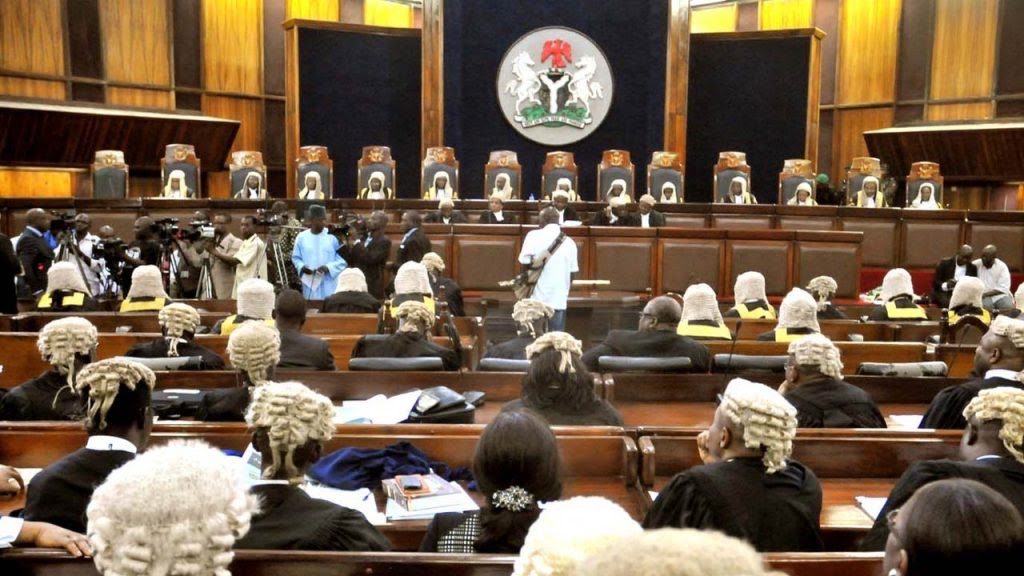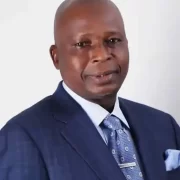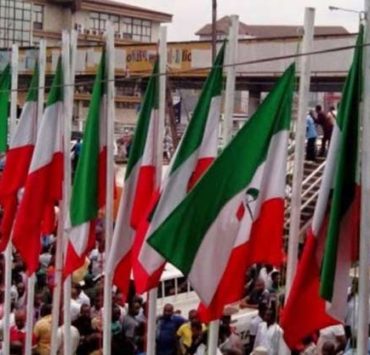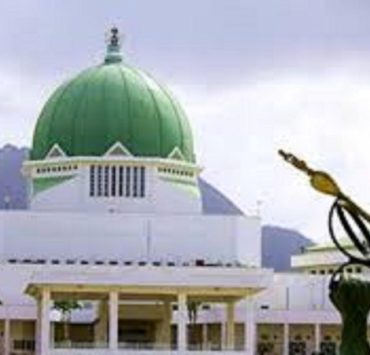Supreme Court Fixes Date For Hearing On Rivers, Imo Oil Wells Dispute

The Supreme Court on Tuesday fixed 1 November for a definite hearing in the legal battle between Rivers and Imo over the ownership of 17 oil wells.
The apex court fixed the date after the Attorney-General of the Federation (AGF) as 1st defendant and Imo State as 2nd defendant formally made appearances through their lawyers, Remi Olatubora, SAN and Olusola Oke, SAN respectively.
The suit was instituted by Rivers State against Imo State.
The judge, Kudirat Kekere-Ekun, set the stage for determination of the suit shortly after identifying some of the processes so far filed for and against the legal action.
Mrs Kekere-Ekun, who led a panel of seven justices of the court, in a short ruling, ordered parties in the suit to file and exchange fully their respective processes between now and 1 November when the suit would be heard.
At the proceedings, Imo State’s lawyer, Mr Oke, informed the court that he had filed a motion on notice challenging the jurisdiction of the apex court to hear the suit as a court of the first instance.
He said his motion was based on the fact that the suit was instituted against actions of some federal government agencies and not the federal government itself and as such, the place to hear the matter is a federal high court and not the Supreme Court.
However, counsel to the AGF said he had filed a counter-affidavit against the writ of summons of Rivers State.
Lead counsel to Rivers, Joseph Daudu, SAN, in his response, demanded seven days to file a reply on points of law to the motions of the two defendants.
The apex court had on 14 July granted an order of injunction stopping the federal government and its agencies from ceding the 17 disputed oil wells located at Akri and Mbede to Imo state.
The order of injunction was granted to stop an alleged implementation of the ceding of the 17 oil wells to Imo pending the determination of the suit brought before it by the Rivers State Government.
The Supreme Court had in a ruling on an ex-parte application by Emmanuel Ukala, SAN, restrained the AGF and the Attorney General of Imo from taking any further action on the ownership of the disputed 17 oil wells till the ownership disputes surrounding them are resolved.
It also barred the Revenue Mobilisation Allocation and the Fiscal Commission (RMAFC) and the office of the Accountant General of the Federation from approving, implementing, or giving effect in any manner to a letter from the RMAFC office, with reference number RMC/O&G/47/1/264 of July 1, 2021, which cancelled the equal sharing of proceeds from the 17 oil wells by Rivers and Imo states.
Rivers, through its attorney-general, had asked the Supreme Court to declare that the boundary between Rivers and Imo, as delineated on Nigeria administrative map, 10, 11 and 12 editions and other maps bearing similar delineations are inaccurate, incorrect and do not represent the legitimate and lawful boundaries between the two states.
The state also sought the court’s declaration as unlawful and void, Nigeria’s administrative map 10,11 and 12 editions and other maps bearing similar delineations, as they relate to the boundaries between it and Imo.
It said the maps cannot be relied on to determine the extent of the territorial governmental jurisdiction of Rivers State and to determine the revenue accruing to it from the Federation Account, including the application of the principle of derivation and other revenue allocation principles as contained in the 1999 constitution of Nigeria.
It requested the court to declare that the correct instrument, maps and documents, to be relied on in determining the boundary between Rivers and Imo, are those used by the plaintiff in delineating the boundary line between the two states.
It also sought a declaration that all the oil wells within Akri and Mbede communities were wrongly attributed to Imo.
Lawyard is a legal media and services platform that provides enlightenment and access to legal services to members of the public (individuals and businesses) while also availing lawyers of needed information on new trends and resources in various areas of legal practice.













